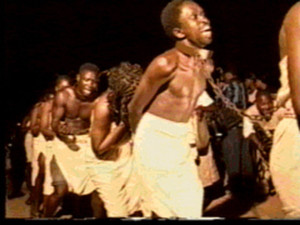By: Hanna Humphreys
Though it has been a slow process spread out over the last couple of centuries, the concept of human slavery is finally beginning to sound barbaric and maybe even ancient. With help from international organizations such as Amnesty International, slavery has been outlawed in every nation in the world. The extent to which that law is abided by, however, is vastly different in some nations.
Mauritania, a poor North African nation, consisting of mostly desert, was the last country in the world to do so when it abolished slavery in 1981. So why does up to 20% of the population remain in captivity?
The reasons may be complex and answers may lie in that the Saharan nation is made up of four different – and not necessarily cohabitating – ethnic groups: the white moors, black moors, black Africans, and the haratine, with the white moors most commonly being slaveholders.
Since 1981 when the practice was outlawed, only one slave owner has been successfully prosecuted; this is due largely in part because the government refuses to acknowledge that the issue exists.
More so than the government’s nonacknowledgement of slavery is that of the slaves themselves. In a culture that has always had slaves and masters, many captives are clueless as to their state of freedom. Mauritanian abolitionist Abdel Nasser Ould Ethmane states that, at age 16 when he set his slaves free, “they did not want to be free. Or they didn’t know what freedom was.”
The lack of access to education in Mauritania makes many people think that slavery is the normal way of life – and it almost is for them.

